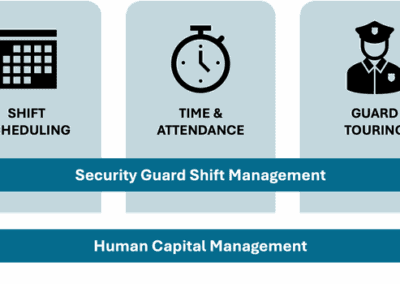The hospitality industry, renowned for its warm hospitality and memorable experiences, is facing a critical challenge: staff shortages. In this fast-paced and demanding sector, the scarcity of skilled and dedicated employees has become a pressing issue with far-reaching consequences. To shed light on this topic, we present an informative infographic that explores the current trends, causes, and steps to overcome staffing shortages in the hospitality industry.
Celayix has been developing best-of-breed time and attendance software for over 20 years. We help businesses develop solid time and attendance processes that ensure maximum productivity, and reduce manual labor. If you’d like to find out more about how Celayix can help you, reach out to a Solutions Advisor today, here!




